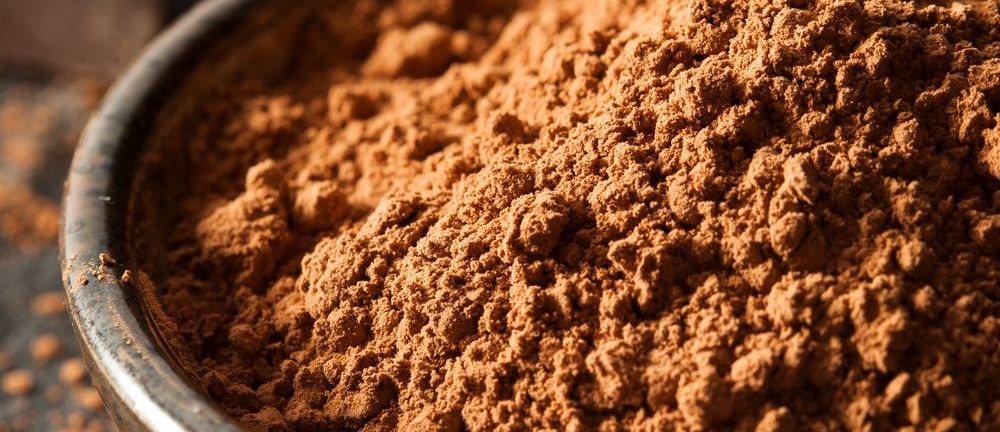Chocolate lovers, bakers, and culinary enthusiasts gather around! We're going on a tasty journey into the heart of cocoa, a beloved ingredient in your kitchen. At Terra, we pride ourselves on offering 100% pure organic Dutch cocoa, a product that stands out for its quality and taste. If you've ever wondered what sets our Dutch cocoa apart, this guide is tailor-made for you.
Unveiling the Mystery: What is Dutch Processed Cocoa?
Contrary to what the name might suggest, "Dutch" cocoa doesn't necessarily originate from the Netherlands. This term is about the Dutch process, a treatment process that was initiated by Coenraad Van Houten in Amsterdam in 1828. The Dutch process refers to a specific treatment method. It was first introduced by Coenraad Van Houten in Amsterdam.
The process was initiated in the year 1828. This revolutionary method, which Van Houten was the first to patent, involves treating cocoa beans with an alkaline solution to neutralize their acidity. Over the years, this technique has been adopted worldwide. Terra's 100% Dutch cocoa is processed in Italy ensuring a consistently superior product.
The Tale of Two Cocoas: Natural vs. Dutch Process
When it comes to cocoa powder, two primary types emerge: natural and Dutch-processed (or alkaline). The differences between these varieties extend beyond their names, impacting everything from pH levels to flavour profiles.
Natural Cocoa:
- exhibits a pH between 5 and 6, maintaining a light acidity
- presents a lighter colour, reflective of its minimal processing
- offers variations in flavour and aroma based on the bean's origin and the specifics of the fermentation and drying processes
- rends to have a fruitier, more vibrant taste
- is commonly used in recipes that require baking soda, aiding in a lighter, airier cake texture
Dutch Process Cocoa:
- boasts a neutral pH of 7, thanks to its alkalization
- features a darker colour, indicative of its processed nature
- provides a more consistent product with a taste that's richer and less acidic
- is ideal for recipes that include baking powder, ensuring moist and tender cakes without needing acidity balance.
The Impact on Your Culinary Creations
You might wonder, "How does the choice between natural and Dutch cocoa affect my baking?" While chocolate mousse or icing might be unfazed by the type of cocoa used, traditional recipes like your grandmother's chocolate cake or those chewy brownies could see a noticeable difference in texture and rise.
Recipes formulated with baking soda often count on cocoa's natural acidity to activate the leavening process. Dutch cocoa has no impact on the texture and rise of your baked goods. This is because it is neutral and does not participate in chemical reactions. When combined with baking powder, Dutch cocoa can make your desserts better by adding height and flavour.
Our Commitment to Excellence: 100% Dutch Cocoa at Terra
At Terra Coffee and Tea, our mission led by Carlo Granito, our founder, was clear from the start: to deliver an unrivaled chocolate experience through our Terra hot chocolates and beyond. Our journey to find the perfect cocoa was guided by an unwavering commitment to consistency and quality. This quest brought us to our 100% pure organically grown Dutch cocoa. It is certified by Ecocert Canada, ensuring every batch meets our high standards for environmental and ethical responsibility.
Organic Dutch-Process Cocoa's Nutritional Values




